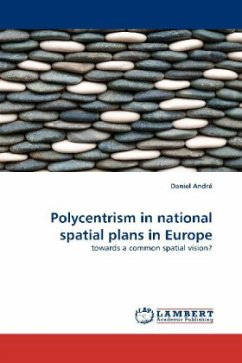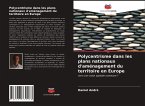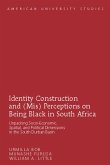The thesis analyze how the polycentric development concept has been interpreted in national spatial plans in Europe. The thesis also pose the question whether the national spatial plans will contribute towards a polycentric development on a European level. The findings presented in the thesis suggest that even though the national spatial plans have been inspired by the ESDP and the aim of developing a polycentric development the interpretation of polycentrism on the national level seem to be contradictory to the policy aim at the European level. Also, the Swedish planning experience of the 1960/70s highlights the difficult task of prioritising the development in some cities at the expense of others. Thus, it is concluded that even if the spatial plans are better coordinated so that they contribute towards a common spatial vision it is still highly doubtful that they will be able to deliver on their objective to create a more balanced urban system.
Bitte wählen Sie Ihr Anliegen aus.
Rechnungen
Retourenschein anfordern
Bestellstatus
Storno








